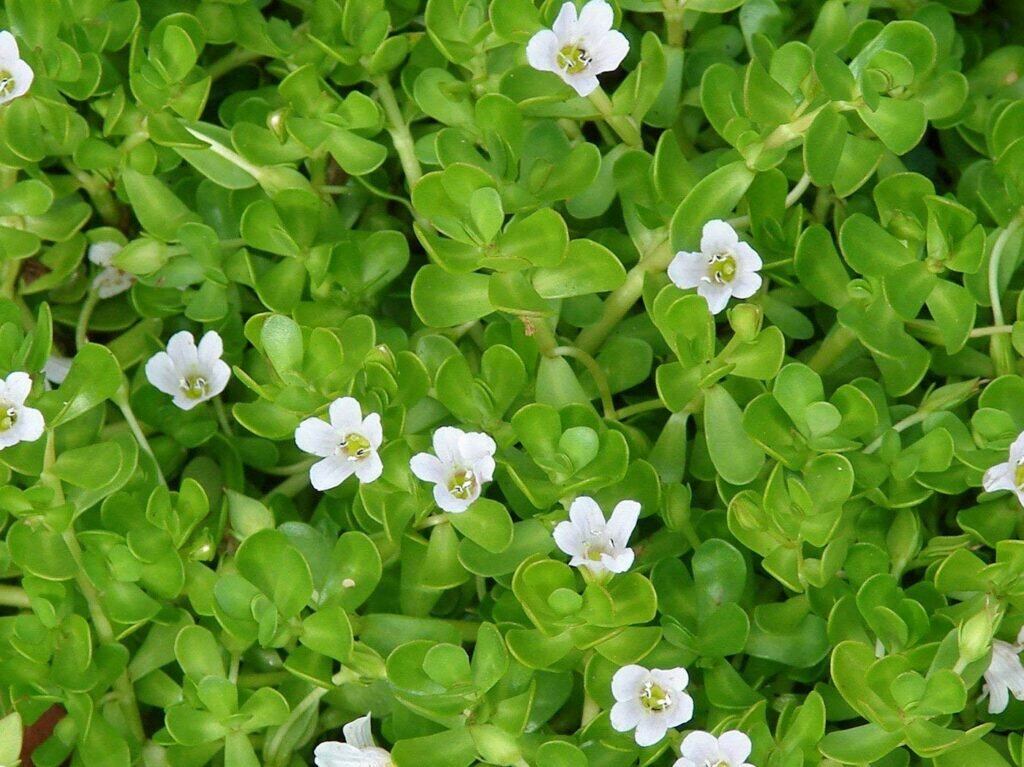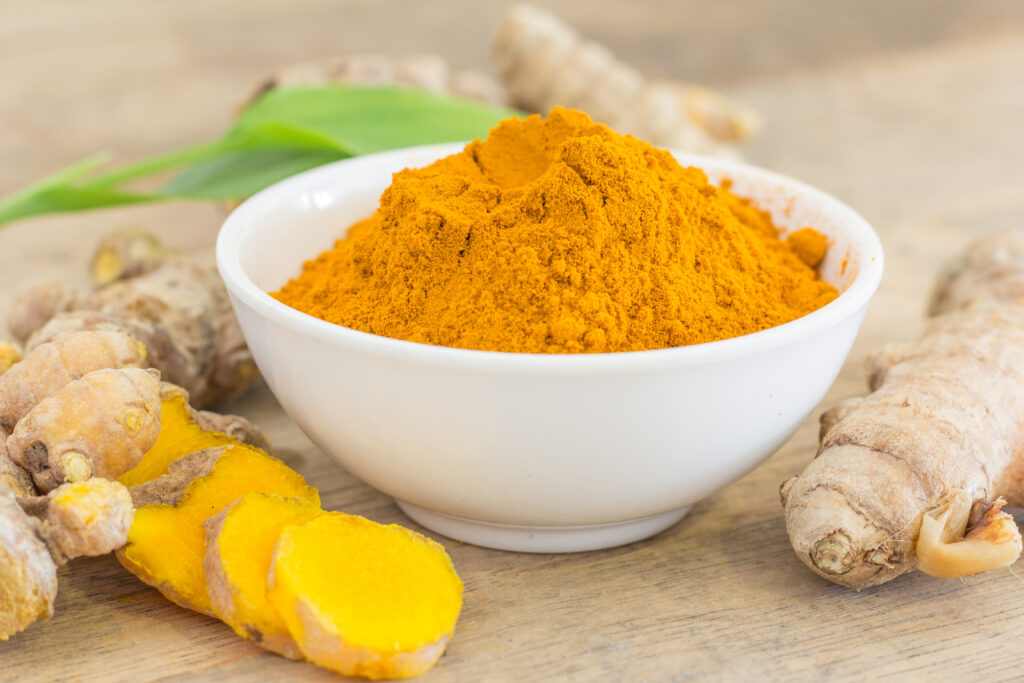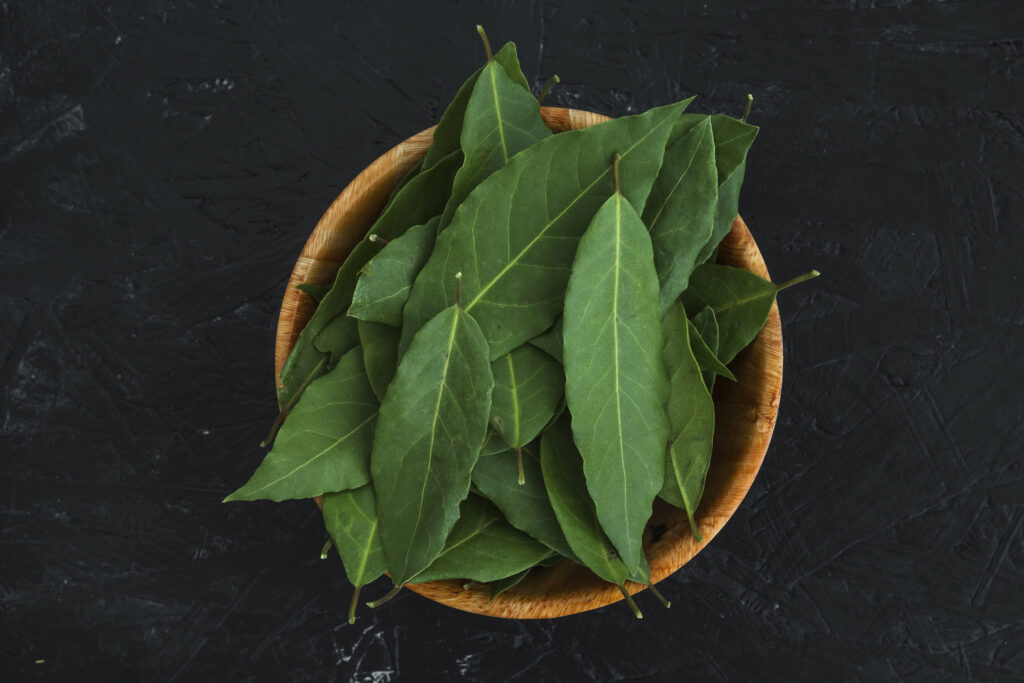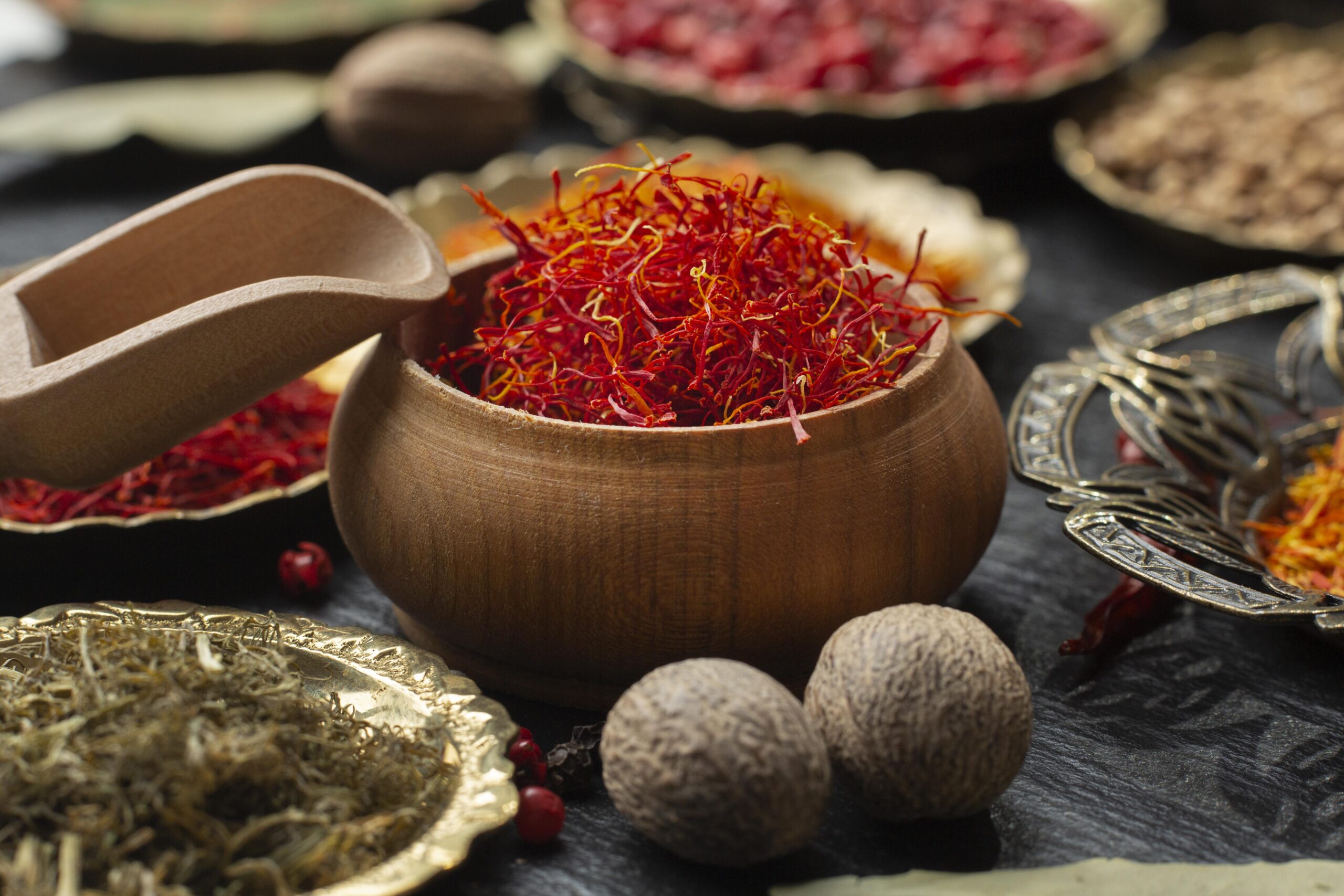Ayurveda, the ancient Indian system of medicine, has been harnessing the power of herbs for centuries to promote well-being and balance in the body. Ayurvedic herbs are renowned for their therapeutic properties and holistic approach to health. In this comprehensive guide, we will explore eight powerful Ayurvedic herbs and their great benefits.
Understanding Ayurvedic Herbs
Ayurvedic herbs are natural substances derived from plants, flowers, roots, bark, and seeds that are used in Ayurvedic medicine to restore harmony and vitality in the body. These herbs are believed to possess unique properties that can enhance physical, mental, and spiritual well-being. Let’s dive into the specifics of each herb and discover its incredible benefits.
Ayurvedic Herb 1: Ashwagandha
Ashwagandha, also known as Withania somnifera, is an adaptogenic herb that has been used in Ayurvedic medicine for thousands of years. It is renowned for its ability to combat stress, boost energy levels, and promote overall vitality.

– Benefits
- Manages stress and anxiety: Ashwagandha helps reduce the production of stress hormones, allowing you to feel calmer and more relaxed.
- Enhances cognitive function: This herb improves memory, focus, and concentration, making it beneficial for students and those with demanding cognitive tasks.
- Boosts immunity: Ashwagandha strengthens the immune system, protecting the body against various infections and diseases.
- Supports hormonal balance: It helps regulate hormone levels, making it beneficial for conditions like PCOS and thyroid imbalances.
Ayurvedic Herb 2: Brahmi
Brahmi, scientifically known as Bacopa monnieri, is a herb that is revered for its ability to enhance brain function and promote mental clarity. It has been used in Ayurveda as a brain tonic for centuries.

– Benefits
- Improves cognitive abilities: Brahmi enhances memory, concentration, and learning abilities, making it a valuable herb for students and professionals.
- Reduces anxiety and stress: It has a calming effect on the mind, helping to alleviate anxiety and stress.
- Supports hair and scalp health: Brahmi promotes healthy hair growth, prevents hair fall, and nourishes the scalp.
- Anti-inflammatory properties: It possesses anti-inflammatory properties, making it useful in reducing inflammation in the body.
Ayurvedic Herb 3: Turmeric
Turmeric, scientifically known as Curcuma longa, is a vibrant yellow spice widely used in Ayurvedic medicine and Indian cuisine. It is well-known for its potent anti-inflammatory and antioxidant properties.

– Benefits
- Reduces inflammation: Turmeric’s active compound, curcumin, has powerful anti-inflammatory effects, making it beneficial for conditions like arthritis and inflammatory bowel disease.
- Supports heart health: It improves cardiovascular health by reducing cholesterol levels and preventing the buildup of plaque in the arteries.
- Boosts immunity: Turmeric strengthens the immune system, helping the body fight against infections and diseases.
- Promotes radiant skin: It has skin-enhancing properties, providing a natural glow and helping to combat various skin conditions.
Ayurvedic Herb 4: Tulsi
Tulsi, also known as Holy Basil, is a sacred herb in Ayurveda and is highly regarded for its medicinal properties. It is considered the “Queen of Herbs” due to its numerous health benefits.

– Benefits
- Supports respiratory health: Tulsi acts as a natural decongestant, relieves cough, and promotes clear breathing.
- Enhances digestion: It aids in digestion, alleviates bloating, and promotes a healthy gut.
- Boosts immunity: Tulsi strengthens the immune system, helping the body fight against infections and allergies.
- Stress relief: This herb has adaptogenic properties, reducing stress and promoting mental well-being.
Ayurvedic Herb 5: Amla
Amla, also known as Indian Gooseberry, is a fruit that is packed with essential nutrients and antioxidants. It is a powerhouse of health benefits and plays a vital role in Ayurvedic medicine.

– Benefits
- Enhances hair health: Amla promotes hair growth, prevents premature graying, and strengthens the hair follicles.
- Supports liver function: It detoxifies the liver and promotes its healthy functioning.
- Boosts immunity: Amla strengthens the immune system, protecting the body against infections and diseases.
- Anti-aging properties: The antioxidants present in Amla combat free radicals, delaying the signs of aging.
Ayurvedic Herb 6: Shatavari
Shatavari, scientifically known as Asparagus racemosus, is a powerful herb that is primarily known for its benefits for women’s health. It has been used in Ayurveda for centuries to support reproductive health.

– Benefits
- Balances hormones: Shatavari promotes hormonal balance in women, making it beneficial for conditions like PMS and menopause.
- Boosts lactation: This herb stimulates milk production in nursing mothers, aiding in breastfeeding.
- Supports reproductive health: Shatavari nourishes the female reproductive system, improving fertility and reducing menstrual discomfort.
- Soothes digestive issues: It helps alleviate digestive problems like acidity, indigestion, and bloating.
Ayurvedic Herb 7: Guggul
Guggul, also known as Commiphora mukul, is a resin extracted from the Mukul Myrrh tree. It has a long history of use in Ayurveda and is known for its profound effects on various health conditions.

– Benefits
- Supports weight management: Guggul helps regulate metabolism and aids in weight loss by increasing fat burning.
- Promotes cardiovascular health: It lowers cholesterol levels, reduces triglycerides, and prevents the buildup of plaque in the arteries.
- Anti-inflammatory properties: Guggul possesses potent anti-inflammatory effects, making it beneficial for conditions like arthritis and inflammatory skin conditions.
- Supports thyroid function: This herb improves thyroid hormone production and is often used in the management of hypothyroidism.
Ayurvedic Herb 8: Neem
Neem, scientifically known as Azadirachta indica, is a versatile herb that is highly valued in Ayurveda for its wide range of medicinal properties. It is often referred to as the “Village Pharmacy” due to its healing abilities.

– Benefits
- Skin health: Neem is beneficial for various skin conditions like acne, eczema, and psoriasis due to its antimicrobial and anti-inflammatory properties.
- Oral health: It supports oral hygiene by preventing gum diseases, reducing plaque, and freshening breath.
- Supports liver health: Neem detoxifies the liver and promotes its healthy functioning.
- Insect repellent: Neem has natural insect-repellent properties and is often used in organic pest control.
Frequently Asked Questions (FAQs)
FAQ 1: What are Ayurvedic herbs?
Ayurvedic herbs are natural substances derived from plants that are used in Ayurvedic medicine to promote health and well-being. These herbs possess unique properties that help restore balance in the body.
FAQ 2: Are Ayurvedic herbs safe to use?
Yes, Ayurvedic herbs are generally safe when used as recommended. However, it’s essential to consult with a qualified Ayurvedic practitioner or healthcare professional before starting any herbal supplements.
FAQ 3: Can Ayurvedic herbs treat specific health conditions?
Ayurvedic herbs are known for their holistic approach to health and can be beneficial in managing various health conditions. However, it’s important to understand that Ayurvedic herbs are not a substitute for medical treatment.
FAQ 4: Where can I find Ayurvedic herbs?
Ayurvedic herbs can be found in specialized Ayurvedic stores, natural health stores, and online platforms that sell herbal supplements. It’s crucial to ensure that you source herbs from reputable sources.
FAQ 5: How should I incorporate Ayurvedic herbs into my routine?
The dosage and method of consumption of Ayurvedic herbs can vary depending on the herb and the individual’s needs. It’s best to consult with an Ayurvedic practitioner or healthcare professional for personalized guidance.
FAQ 6: Can Ayurvedic herbs have side effects?
While Ayurvedic herbs are generally safe, some individuals may experience side effects or allergic reactions. It’s important to follow recommended dosages and consult with a healthcare professional if you experience any adverse effects.
Conclusion
Ayurvedic herbs offer a treasure trove of health benefits that can enhance your overall well-being. From managing stress to supporting hormonal balance, these powerful herbs have been trusted for centuries in Ayurvedic medicine. Incorporating Ayurvedic herbs into your daily routine can be a valuable step towards achieving a healthier and more balanced life.
Disclaimer: The information provided in this article is for educational purposes only and does not constitute medical advice. Consult with a qualified healthcare professional before making any changes to your diet or lifestyle.


1 thought on “The Power of Ayurvedic Herbs: Unlocking their Great Benefits”